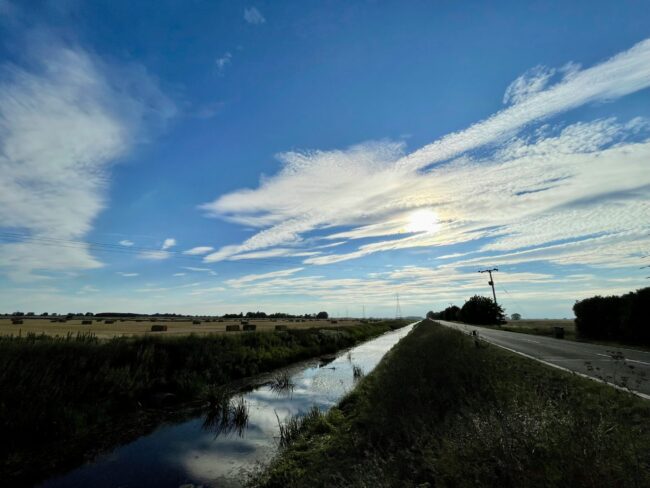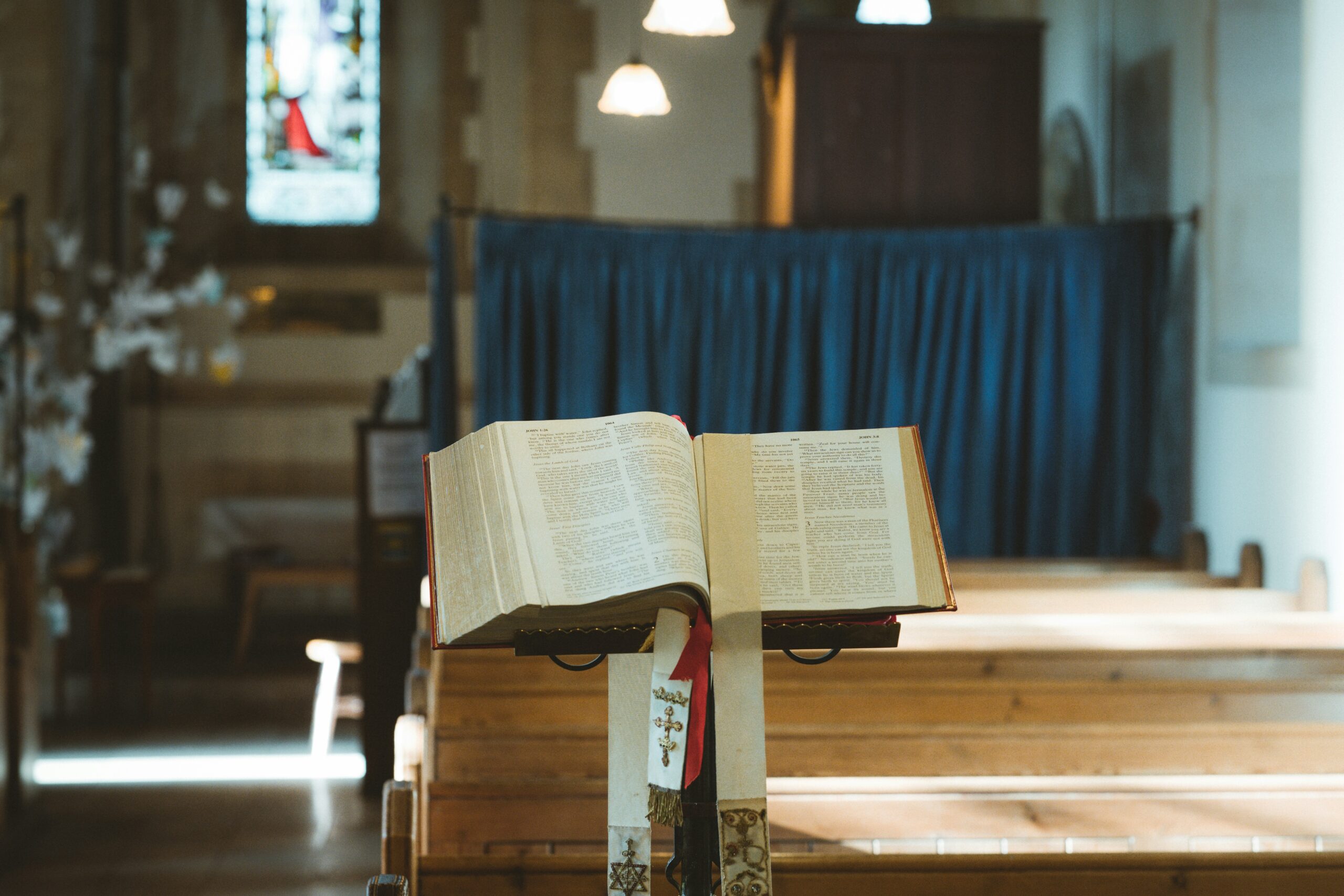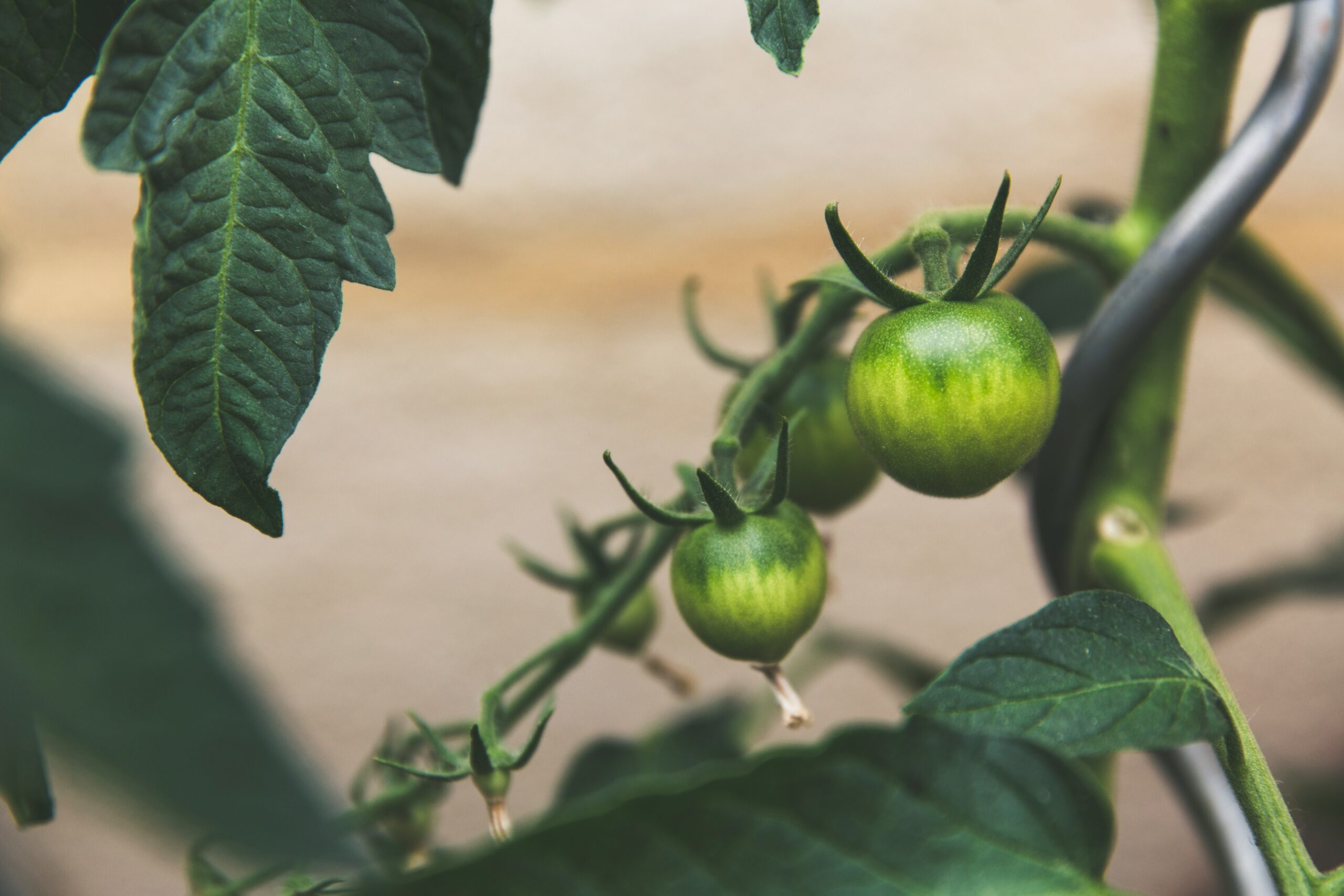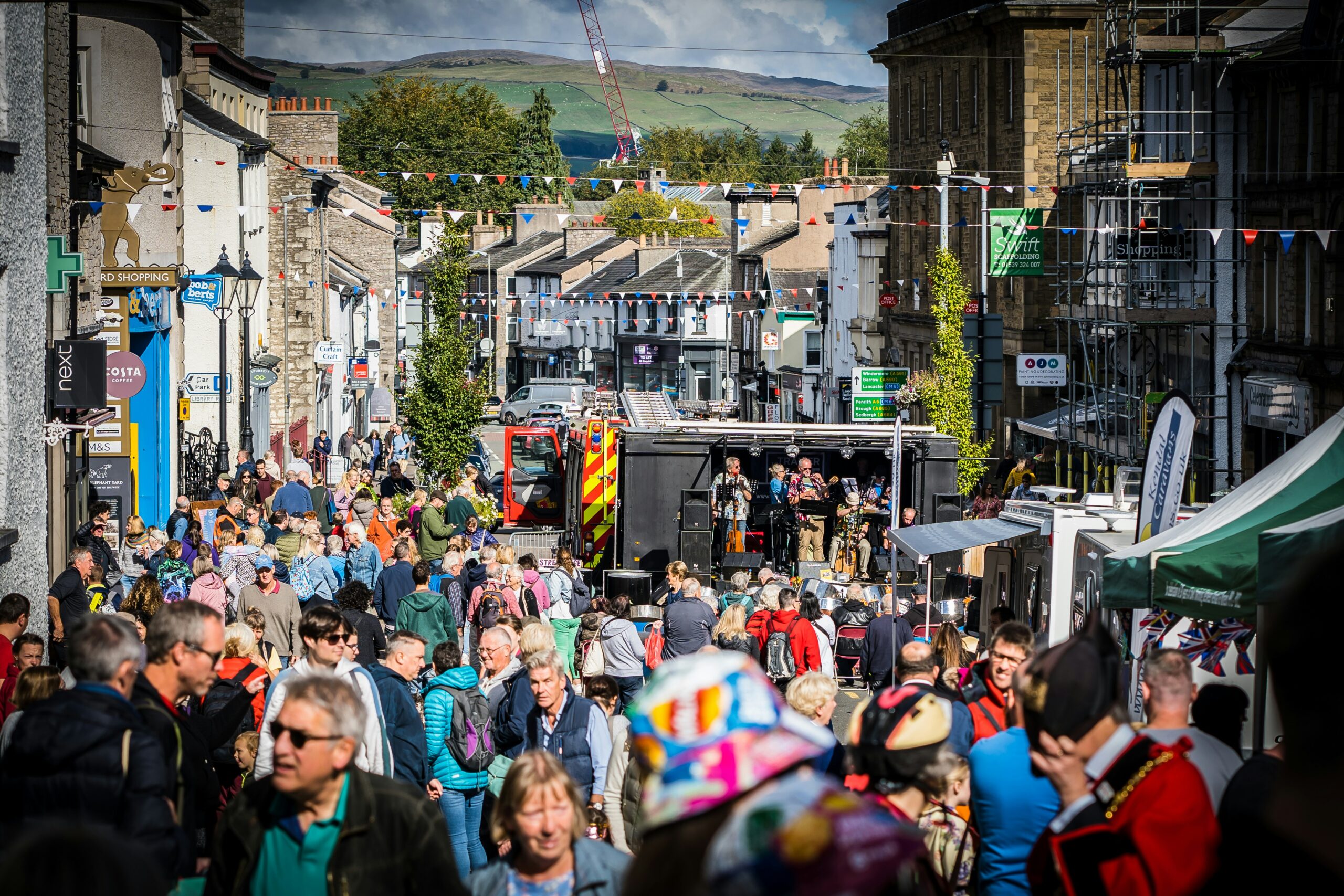Call me back
Please let us know how we can contact you and a suitable time to get in touch.
We use cookies to help you navigate efficiently and perform certain functions. You will find detailed information about all cookies under each consent category below.
The cookies that are categorized as "Necessary" are stored on your browser as they are essential for enabling the basic functionalities of the site....
Necessary cookies are required to enable the basic features of this site, such as providing secure log-in or adjusting your consent preferences. These cookies do not store any personally identifiable data.
Functional cookies help perform certain functionalities like sharing the content of the website on social media platforms, collecting feedback, and other third-party features.
Analytical cookies are used to understand how visitors interact with the website. These cookies help provide information on metrics such as the number of visitors, bounce rate, traffic source, etc.
Performance cookies are used to understand and analyze the key performance indexes of the website which helps in delivering a better user experience for the visitors.
Advertisement cookies are used to provide visitors with customized advertisements based on the pages you visited previously and to analyze the effectiveness of the ad campaigns.

15 October 2024
We’ve gathered key insights and information about Holbeach to help both visitors and residents appreciate what makes this town so special. From its rich historical roots and vibrant community events to its thriving food scene and ongoing developments, Holbeach offers something for everyone.
Holbeach is a market town and civil parish situated in the South Holland district of Lincolnshire, England. Geographically, it lies within the expansive and flat landscape of the Fens, a unique low-lying wetland area influenced by the Wash estuary.
Holbeach is located on a higher ridge of land that historically bordered a river and former coastline. This elevated position is thought to be a result of natural silt deposits or possibly an ancient Roman land bank constructed to protect against sea incursions. The town’s name itself reflects this topography, with “Hol” potentially referring to a concave ridge or hollow.
The civil parish of Holbeach is one of the largest by area in England, stretching from Cambridgeshire to the Wash. It measures approximately 16 miles north to south and about 4 miles east to west. The parish encompasses several villages that share the Holbeach name, such as Holbeach Bank, Holbeach Clough, and Holbeach St Johns, among others. This naming pattern is common in the Fens, where clusters of villages often bear similar names.
Holbeach is strategically located at the junction of the A151 and A17 roads, providing easy access to nearby towns such as Spalding, Boston, King’s Lynn, Peterborough, and Lincoln. The Prime Meridian passes through the west of Holbeach, marked by a millstone at Wignals Gate.
The town’s origins can be traced back to at least the 9th century, with its first mention recorded in a charter from 810 AD. This document granted lands in the area to Siward of Crowland Abbey, marking an early point in Holbeach’s documented history.
The medieval period was pivotal for Holbeach, particularly with the granting of a market charter in 1252 by Thomas de Moulton, a local baron. This charter established Holbeach as a significant centre for trade, laying the groundwork for its vibrant market scene that persists to this day. During this time, Holbeach was part of the wapentake of Elloe and was recorded in the Domesday Book multiple times, indicating its importance and the presence of several manors.
One of Holbeach’s most notable medieval structures is All Saints Church, which was built in the 14th century. The church is a testament to the town’s historical significance and architectural heritage. It is believed that parts of the church incorporated elements from de Moulton’s ruined castle. Additionally, All Saints’ Hospital was founded in 1351 by Sir John of Kirton, although it ceased to exist before the suppression of chantries and hospitals.
Until the early 17th century, the sea was within two miles of Holbeach. Severe flooding in earlier centuries prompted extensive land drainage projects that transformed the landscape. These efforts moved the coastline of the Wash further away, creating over 23,000 acres of reclaimed fertile agricultural land around Holbeach. This reclamation played a crucial role in establishing Holbeach as an important agricultural hub.
The 19th century saw further growth and development in Holbeach. A theatre known as ‘Public Rooms’ was built in 1829 for Joseph Smedley and became a cultural venue visited by touring companies. The arrival of the Spalding and Norwich Railway in 1862 further connected Holbeach to larger transport networks, although passenger services ceased in 1959.
During this period, several small churches were constructed, including a Wesleyan chapel in 1808 and a Baptist chapel in 1845. These developments reflect both the religious diversity and architectural expansion occurring at that time.
In more recent history, during World War II, defences such as pillboxes were constructed at nearby Lawyers Creek to protect against potential invasions. These remnants are part of Holbeach’s more modern historical narrative.

All Saints’ Church is one of the most prominent architectural landmarks in Holbeach. This medieval church, primarily constructed in the 14th century, stands as a testament to the town’s religious and architectural history. Notable features include its intricate stonework and beautiful stained-glass windows. The church’s porch, added around 1700, is believed to incorporate stone from de Moulton’s ruined castle, further linking it to Holbeach’s medieval past. Inside, visitors can find an ornate memorial to John March and a table tomb to Sir Humphrey Littlebury, highlighting the church’s historical importance.
The town centre of Holbeach is a vibrant mix of historical and modern architecture. It features Georgian and Victorian buildings that reflect the town’s prosperity during the 18th and 19th centuries when Holbeach flourished as a hub for trade and commerce. This period saw the rise of coaching inns and other commercial enterprises that attracted merchants and travellers. Today, the town centre is home to quaint shops, traditional pubs, and local eateries, all contributing to Holbeach’s unique character.
The Market Cross is another iconic structure in Holbeach, historically serving as a focal point for community gatherings and trade. This structure symbolises the town’s long- standing tradition as a market centre since receiving its market charter in 1252. The Market Cross remains a symbol of community and commerce, embodying Holbeach’s role as a regional trading hub.
Although no longer standing, Holbeach High Cross was once part of a remarkable architectural group alongside All Saints’ Church and All Saints’ Hospital. The High Cross was noted for its pentagonal form and elaborate ornamentation typical of early 15th-century architecture. Its design featured massive buttresses, trefoiled decorations, and a pentagonal spire, showcasing the craftsmanship of the era.
Built around 1681, the Mansion House Hotel is another significant historical building in Holbeach. It is notably the birthplace of Sir Ralph Norman Angell, a Nobel Peace Prize laureate. The hotel’s architecture reflects the style of its time and serves as a reminder of Holbeach’s historical figures who have contributed to broader societal advancements.
Holbeach, located in the South Holland district of Lincolnshire, has a diverse economy deeply rooted in agriculture and supported by modern developments in food processing and manufacturing.
Historically, Holbeach’s economy has been predominantly agricultural, benefitting from the fertile lands reclaimed from the sea. This reclamation transformed the area into a productive agricultural hub, known for growing a variety of crops. Today, agriculture and horticulture remain vital to the local economy, directly employing thousands of residents. The region is particularly noted for bulb growing, with Holbeach being home to the UK’s largest supplier of tulip and daffodil bulbs. This specialisation underscores the area’s significance in horticultural production.

Holbeach is part of South Holland, a district recognised as a key player in the UK’s agri-food sector. The town hosts several food processing facilities that contribute significantly to the local economy. These facilities benefit from proximity to fertile lands and a robust supply chain network. The presence of the University of Lincoln’s National Centre for Food Manufacturing in Holbeach further enhances this sector by providing cutting-edge research and training opportunities, fostering innovation and skill development in food manufacturing technologies.
A significant development contributing to Holbeach’s economic growth is the establishment of the South Lincolnshire Food Enterprise Zone (FEZ). This initiative aims to attract innovative businesses within the agri-food industry by offering infrastructure support and fostering collaboration between businesses and educational institutions. The FEZ is expected to create over 2,000 highly skilled jobs, enhancing employment opportunities and boosting the local economy.
Recent infrastructure projects have been pivotal in supporting Holbeach’s economic activities. Improvements at key junctions like the A17/A151 Peppermint Junction have enhanced road safety and traffic flow, making Holbeach more accessible for commerce and tourism. These developments are integral to supporting both existing businesses and attracting new enterprises to the area.
Holbeach’s status as a traditional market town continues to influence its economic activities. The town hosts regular markets that not only serve as commercial hubs but also maintain its historical charm. These markets provide platforms for local producers and artisans to sell their goods, contributing to a vibrant local economy.
Holbeach offers a comprehensive educational landscape, catering to a wide range of age groups and learning needs. The town’s educational institutions are committed to fostering academic excellence and providing diverse opportunities for students.
Holbeach is home to two primary schools: Holbeach Primary Academy and William Stukeley Church of England Primary School. These schools provide foundational education and are integral parts of the community. Holbeach Primary Academy, which joined the Lincolnshire Educational Trust in 2014, has consistently been fully subscribed, reflecting its strong reputation for quality education. The school emphasises community involvement and has been recognised for its outstanding pupil outcomes.
William Stukeley Church of England Primary School also plays a crucial role in early education, offering a curriculum that integrates traditional academic subjects with religious education, fostering both intellectual and moral development.
The main secondary educational institution in Holbeach is the University Academy Holbeach (UAH). Originally established as George Farmer Technology & Language College, UAH became an academy in 2011 following a merger with St Guthlac’s School. It serves students aged 11 to 19 and offers a broad curriculum that includes A-Levels, T Levels, vocational courses, and apprenticeships. The academy is sponsored by the University of Lincoln, which enhances its educational offerings through strategic partnerships and access to higher education resources.
Holbeach hosts a campus of the University of Lincoln, which houses the National Centre for Food Manufacturing. This facility specialises in food manufacturing technology and offers courses that cater to the growing demand for skilled professionals in the agri-food sector. The centre provides both undergraduate and postgraduate programs, focusing on practical skills and industry-relevant knowledge.
The educational institutions in Holbeach benefit from strong community ties and partnerships with local businesses. Initiatives like the Food Enterprise Zone (FEZ) create synergies between education and industry, offering students pathways into employment through apprenticeships and training programs.
The town was historically served by the Spalding and Norwich Railway until passenger services ceased in 1959. While there are no longer railway services directly in Holbeach, it remains accessible via major roads like the A151 and A17.
Holbeach has a vibrant cultural scene with events celebrating its history and community spirit.

Holbeach hosts several annual festivals that highlight its cultural vibrancy and community engagement:
These events not only entertain but also strengthen community bonds and preserve local traditions.
Holbeach is home to several significant historical landmarks that offer insights into its past:
The Holbeach and District Civic Society plays a vital role in preserving the town’s cultural heritage. Working with local councils and heritage organisations, the society focuses on restoring historic buildings and maintaining Holbeach’s traditional charm. Current projects include the restoration of Grade II-listed Cemetery Chapels.
Holbeach participates in Heritage Open Days, a national event offering free access to historical sites. This includes tours of hidden gems like Cold War bunkers and displays about local history. These open days provide residents and visitors with opportunities to explore Holbeach’s rich cultural tapestry.
Holbeach, nestled in the heart of Lincolnshire, offers a variety of natural attractions that highlight the region’s serene landscapes and rich biodiversity. Efforts have been made to improve local natural reserves to enhance both ecological value and recreational opportunities for residents and visitors alike.
Holbeach Country Park is a central feature of the town’s natural offerings. This park is a haven for those seeking tranquillity amidst lush greenery. Visitors can enjoy leisurely walks along its scenic pathways, have picnics by the tranquil waterways, and observe local wildlife in their natural habitats. The park’s peaceful ambiance makes it an ideal spot for relaxation and rejuvenation, serving as a green escape from urban life.
Located just outside the town, Holbeach Hurn is a picturesque area known for its scenic landscapes and tranquil atmosphere. It provides a peaceful retreat where visitors can immerse themselves in nature. The area’s open fields and meadows offer stunning views and are perfect for walking, cycling, or simply enjoying the countryside’s beauty.
For those who appreciate horticulture, Holbeach’s gardens are a must-visit. During the spring and summer months, the town bursts into color as gardens come to life with vibrant blooms. The Holbeach Community Gardens are particularly noteworthy, showcasing a wide array of plants and flowers meticulously cared for by local enthusiasts. These gardens provide a delightful setting for leisurely strolls and offer inspiration for gardening aficionados.
While not directly within Holbeach, nearby nature reserves such as Frampton Marsh offer additional opportunities to experience the region’s diverse ecosystems. Managed by organisations like the RSPB, these reserves are home to a variety of bird species and other wildlife. Frampton Marsh, in particular, is renowned for its freshwater habitats and is set against the shore of The Wash, providing spectacular birdwatching opportunities throughout the year.
Holbeach has been home to several notable figures who have made significant contributions in various fields such as literature, sports, science, and politics.
Sir Ralph Norman Angell was a prominent figure in the early 20th century, known for his work as a lecturer, journalist, author, and politician. Born in Holbeach, Angell gained international acclaim for his anti-war writings, particularly his book The Great Illusion, which argued against the economic benefits of war. His efforts in promoting peace and international cooperation earned him the Nobel Peace Prize in 1933. Angell’s influence extended through his involvement with the League of Nations Union and other peace organisations.
William Stukeley was an influential antiquarian born in Holbeach. He is best known for pioneering archaeological investigations at Stonehenge and Avebury. Stukeley’s work laid the foundation for modern archaeological methods and contributed significantly to the understanding of Britain’s prehistoric monuments. His detailed studies and publications helped preserve these sites for future generations.
Cyril Lowe was an England rugby union player renowned for his record-setting try-scoring achievements. He held England’s international try-scoring record for over sixty years. Beyond rugby, Lowe was a First World War flying ace credited with nine victories and honored with the Distinguished Flying Cross. His life inspired W.E. Johns’ fictional character “Biggles,” highlighting his adventurous spirit.
Walter Plowright was a distinguished veterinary scientist who played a pivotal role in eradicating rinderpest, a devastating cattle disease. His work earned him numerous accolades, including the World Food Prize in 1999. Plowright’s contributions to veterinary science have had a lasting impact on global agriculture and animal health.
Holbeach is undergoing significant modern developments aimed at enhancing its infrastructure, economy, and community amenities. These initiatives are designed to support the town’s growth and make it an attractive place for residents and businesses alike.
One of the key infrastructure projects in Holbeach is the improvement of road safety and traffic flow at the A17/A151 Peppermint Junction. This £6 million scheme involved replacing the existing junction with a roundabout, which will connect the A17 to the A151 and provide access to new housing and commercial development areas.
This development is expected to reduce congestion in the town centre, making Holbeach more appealing for shopping and visiting. Additionally, a new pedestrian crossing on Spalding Road is being constructed to enhance safety for schoolchildren and pedestrians, as part of a broader Community Crossing Initiative across Lincolnshire.
Holbeach is experiencing a residential boom with plans for a 900-home development that will significantly increase the town’s population. This expansion is expected to add approximately 5,000 residents, contributing to local economic growth and increasing demand for services and amenities. The housing development aims to provide safe and convenient access to new homes while integrating with existing community infrastructure.
Holbeach is also focusing on enhancing its community spaces and natural attractions. The expansion of the fishpond area into a nature reserve exemplifies efforts to improve local environmental assets. This project aims to make the pond more visible from the road and accessible to the community, promoting awareness of Holbeach’s natural beauty.
Additionally, Holbeach’s Neighbourhood Plan outlines strategic goals for revitalising the town centre, improving retail opportunities, and increasing footfall on High Street. This plan includes enhancing street scenes, developing new attractions, and ensuring sustainable growth that aligns with community needs.
The developments in Holbeach are closely tied to educational advancements. The proximity of new infrastructure projects to educational institutions like Holbeach Academy and the University of Lincoln campus facilitates opportunities for apprenticeships and skill development. These links are crucial for preparing local young people for future job markets within the burgeoning agri-food sector.
From traditional pubs to bustling markets and festivals, Holbeach provides a variety of culinary experiences for residents and visitors alike.
Holbeach hosts a popular farmers’ market on the third Saturday of each month. This market offers a large selection of local produce, allowing shoppers to purchase fresh goods directly from producers. The market is known for its high environmental standards and supports the local economy by promoting seasonal foods that are both delicious and sustainable.
In summary, Holbeach is a town that beautifully balances its rich historical roots with contemporary development initiatives, making it an appealing destination for both residents and visitors alike.
Please let us know how we can contact you and a suitable time to get in touch.